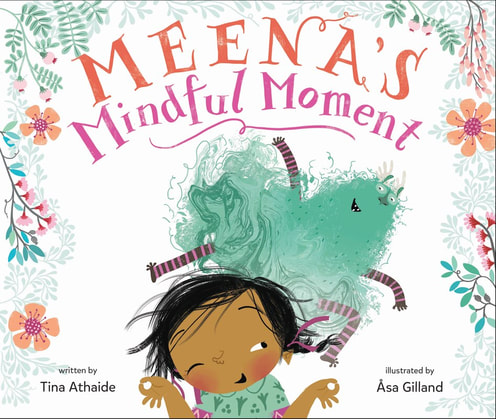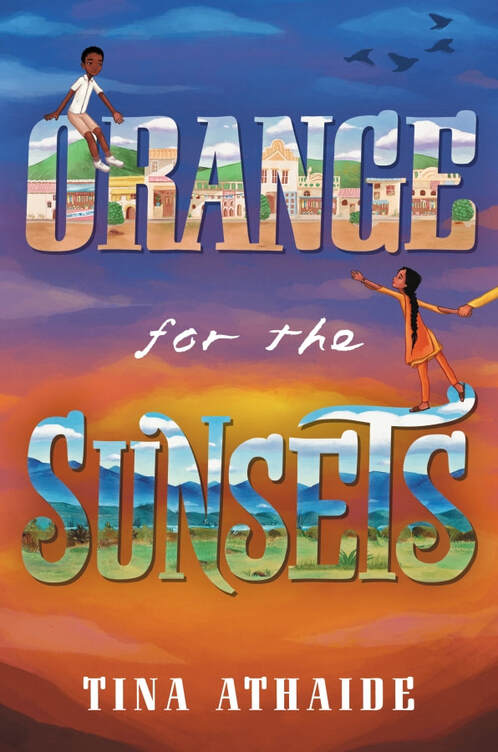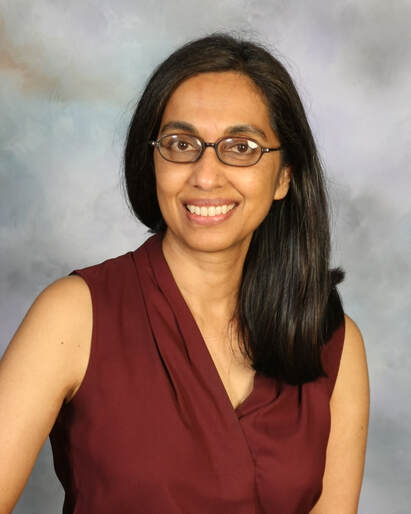|
This month is AAPI heritage month. Please tell us what it means to you. Asian Americans and Pacific Islanders (AAPI) are an integral part of the American cultural mosaic, encompassing a wide range of diversity. There are many different Asian diasporic cultures and experiences, and we need more stories that span all reading levels and in different genres. I hope more AAPI authors will feel compelled to write stories for our young people. I hope agents and editors will solicit our stories from our talented writers and illustrators. And I hope librarians, educators, and parents will work hard to connect young people with our stories. As an educator, how do you address Asian American Pacific Islanders missing from books or being depicted using stereotypes? I encourage educators to reflect on how they are presenting AAPI history, cultures, and communities within their classroom. All students need to develop positive self-identities and learn to understand and respect the identities of others. In my debut picture book, Meena's Mindful Moment, young readers are introduced to a diverse story that reflects some of their experiences and/or exposes others to the wider world. We need more books that celebrate diverse AAPI cultures, communities, and people. Tell us about your MG historical fiction book, Orange For The Sunsets. We see a lot of Historical fiction written by AAPI writers. These books are how we acknowledge our past. We see that in my MG book about the expulsion of Asian Indians from Uganda. It is not merely my history but a living, vital part of our present...how that historical event shaped a community. These stories are an attempt to capture the texture and richness of a wide scope of experiences, recent or distant, and to share the future we hope to see. What does the phrase "We Need Diverse Books" mean to you? We hear that phrase quite a lot in the book industry and in the education environment. However, when we say, "we need diverse books," we don't mean books by marginalized people that are only for marginalized people. Everyone needs diverse stories. Being able to imagine someone else's life vividly enough to feel it within yourself is how we reshape culture and unlearn false ideas. As an educator for over thirty years, how do you feel about the fight for the removal of books in school districts and public libraries? All children have a right to quality education and access to books that reflect their communities. Books can be used as tools to develop anti-racist foundations and help students think critically. Across the county, school boards are removing, or fighting to remove, books by non-white authors instead of diversifying our stacks. Presently, marginalized groups are absent from our K-12 public education core curriculum or represented by a very small percentage. How can we move forward and build a more cohesive world, if we cannot see all of us in it together? Tina Athaide was born in Uganda and grew up in London and Canada. While her family left Entebbe just prior to the expulsion, she has memories of refugee family and friends staying with them in their London home. The stories and conversations she listened to through the years became the inspiration for her book Orange for the Sunsets. Tina now lives in California with her husband, Ron, and their daughter, Isabella.
You can learn more about Tina at https://tinaathaide.com/tinaathaide.com/ Comments are closed.
|
Archives
July 2024
Categories
All
|



 RSS Feed
RSS Feed



